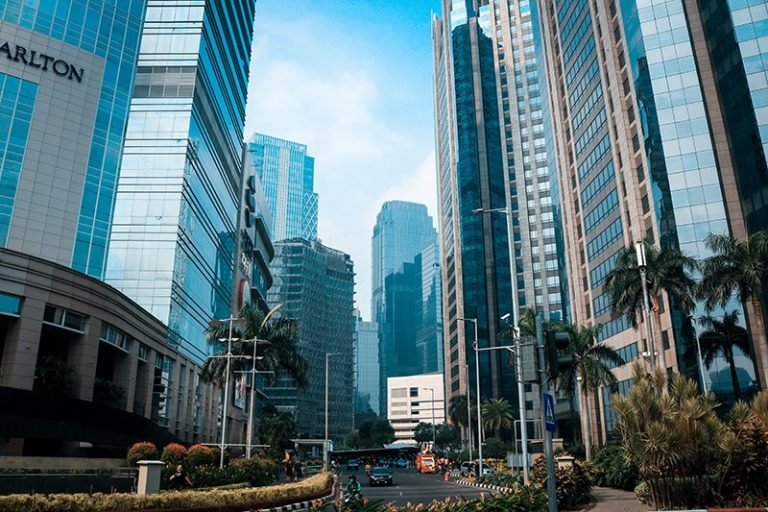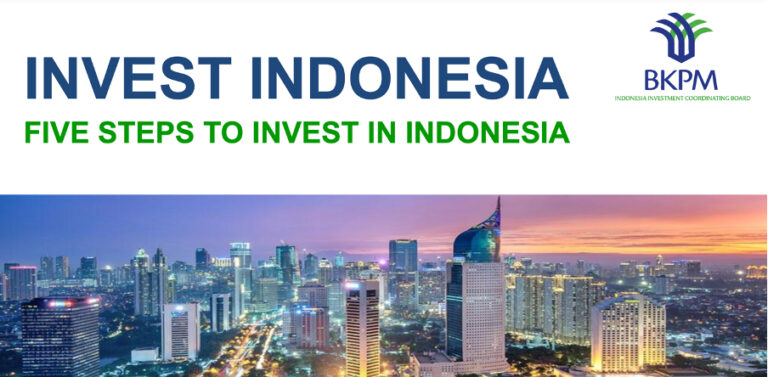President Prabowo Subianto has called for a major shift in Indonesia’s import quota policy. During a national economic forum on April 8, 2025, he urged relevant ministries to remove import quotas, especially for essential goods.
A Push for Fairer Trade Access
The move, he said, would simplify trade procedures, reduce favoritism, and benefit the wider public. Prabowo emphasized that imports should no longer be limited to select companies. “I already gave instructions to eliminate import quotas, especially for goods vital to the public. Anyone who is able and wants to import—please, go ahead. No more picking and choosing who can and cannot import,” he stated, as cited by presidenri.go.id.
The president also criticized current practices that restrict import rights to a handful of firms. “Creating quotas only benefits companies A, B, C, D—only they are allowed to import. That’s not fair,” he said. According to Prabowo, a fairer system would empower businesses and create more opportunities for economic participation.
Prabowo’s Statement on Import Quota Policy
Prabowo made it clear that his administration aims to overhaul the import quota policy to promote transparency and competition. His statement came as part of a broader strategy to stimulate economic growth and job creation.
“Entrepreneurs create jobs. They’re on the front lines. Sure, they can make a profit—no problem. But we also ask them to pay taxes properly,” he remarked. He stressed that an open and competitive import system would encourage more businesses to participate in trade while contributing to the national economy.
Reactions from the Trade Ministry
Following Prabowo’s announcement, the Ministry of Trade acknowledged the complexity of removing quotas. Acting Director General of Foreign Trade Isy Karim explained that such a move requires careful coordination across sectors.
He pointed out that import quotas are linked to the commodity balance system. “There needs to be a balance between upstream and downstream interests. If it’s for upstream needs, for industrial needs, for domestic production, then that must be carefully calculated,” he explained, as reported by CNBC Indonesia.
Isy also noted that imports should only fill gaps in national supply. “The principle of the commodity balance is calculating national production and national consumption. Any shortfall is naturally covered by imports,” he said.
Understanding Indonesia’s Import Quota Policy
Indonesia’s current import quota policy regulates several key commodities, including salt, sugar, meat, and fish. These items fall under the commodity balance system, which determines import needs based on domestic production and consumption data.
However, not all commodities are covered. For instance, cotton imports face no quotas since they serve as raw materials for industry. “Cotton imports are for raw materials and are not regulated under NK, as they are for industrial use,” Isy clarified.
Impact on Businesses and the Economy
Removing quotas could benefit small and medium enterprises (SMEs) by opening access to imported goods without going through complex licensing processes. A more inclusive import policy would foster competition, reduce monopolistic practices, and stimulate economic growth.
“Anyone can import. Import whatever—just open it up. Our people are smart,” Prabowo said. By eliminating restrictive policies, the government aims to empower entrepreneurs and enhance efficiency in trade.
Challenges and Next Steps
Despite strong presidential backing, implementing these reforms poses challenges. The import quota policy is tied to the Job Creation Law and Presidential Regulations, requiring multi-sectoral agreements for any changes.
“Quotas and the NK system have many implications. NK is mandated by the Job Creation Law. So this needs broader discussion,” Isy stated.
Even so, the Ministry of Trade remains open to change, especially for raw materials. “If it’s for importing raw materials or supporting materials, then quotas aren’t always needed. It depends on the industry’s needs,” he added.
For now, businesses and stakeholders await clear policy guidelines. With Prabowo’s firm stance, the future of Indonesia’s import system may soon see significant reform.
Source: cnbcindonesia.com
Image: Antara Foto/Aditya Pradana Putra

















